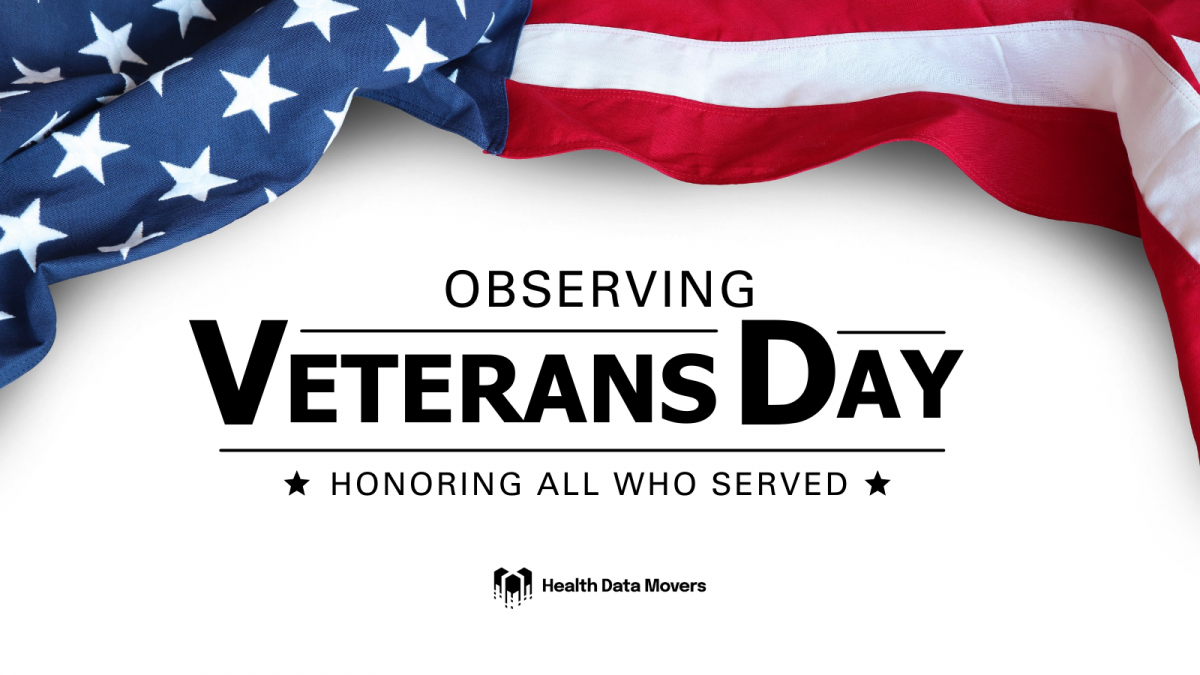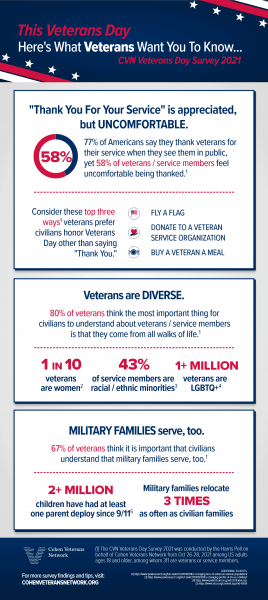Honoring military service is more than saying thank you.
One way we can honor service is to help narrow the civilian/military divide (scroll down for more information).
With that in mind, we asked some members of the HDM team to tell us what skills or lessons from the military they apply now to their healthcare IT and project management work. We heard from veterans and military family members about the strengths that veterans bring to the workforce.
Here are a few highlights:
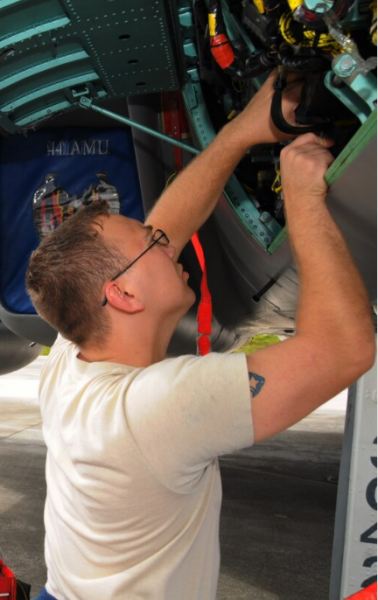
From Steve Newcomb, one of our project managers:
As I approach my first Veterans Day as a retired veteran (20 years in the Air Force, officially retired July 1), it is amazing to reflect on the positive life lessons and training the US military provided to me. From basic interpersonal and management skills to advanced electronics troubleshooting and project management, I was provided a scope of knowledge that allows me to adapt and excel in almost any environment. I am extremely grateful that HDM saw my potential and how my skills converted to medical project management and recognized that the workflow and repair cycle of aircraft electronics is similar to the workflow and repair cycle of a hospital’s clinical technologies. I look forward to my future with HDM and am so thankful for the training and experience that the US Air Force provided to me. Happy Veterans Day!
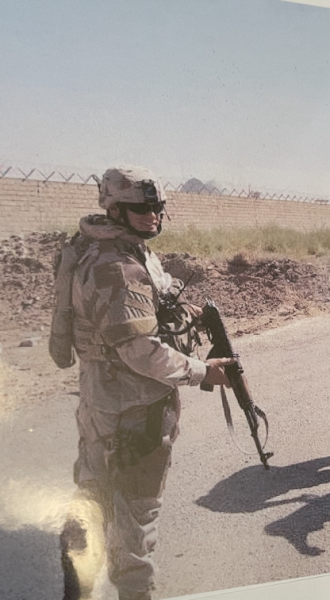
From Greg Georgatos, HDM President:
I especially value the project management aspects of my military learnings. We had to get comfortable with detailed plans, contingencies, dependencies, and risk assessment — we relied on them all day every day in both training scenarios and combat situations. We learned to make the best-case scenario as efficient as possible while also making backup plans for worst-case scenarios.
A good project manager is not afraid of (and not above) getting their hands dirty or getting into the details of planning, execution, issues, and risks.
I led soldiers as a sergeant in Iraq and had to report to senior leaders, which helped develop my ability to quickly flex down, gather information, and explain up the chain to describe a situation and what was needed to be successful. The structured communications we used also made information easy for others to understand and convey (risks, issues, sitreps, SBARs, AARs, lessons learned…)
After leaving the military, I found those skills had strengthened my talent for project management. And I love the fact that I get to use those skills in support of HDM’s mission to improve the lives of patients and providers by unleashing the potential of healthcare data and technology.
Other HDM team members:
My father and both grandfathers served in the military, and I now train with several veterans. I think the emphasis on selfless service, a respect of country, an innate compass to do the right thing, and a deep sense of personal accountability are some of the key takeaways I’ve learned from interacting with those who have served. It’s a calm confidence that doesn’t need to be boastful, yet takes charge of situations.
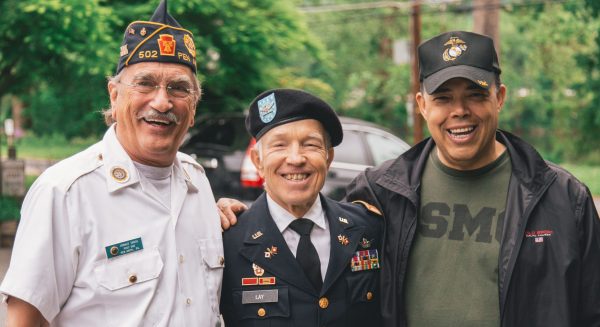
My spouse deployed twice with the infantry, and he used to make fun of the commercials promising career skills, but I can say that he became more organized, better at planning ahead, and better at clear professional communication. When you’re in high-stakes situations, it’s crucial for everyone to be on the same page, and to understand contingencies — and that has tons of professional applications. He also got good at stakeholder management during counterintelligence work, because it’s so important to understand what motivates everyone operating in your sphere. He also became a very cautious driver, thanks to Route Irish.
Thanks to those who shared their experiences with us!
If you want to learn more about the civilian/military divide and how to help narrow it, there are many sources, but we found the following helpful:
- NPR’s 2021 Home/Front podcast, a special series by Rough Translation
- This 2019 DOD article on the divide and its implications for recruitment
- This 2021 CVN article, source of the following infographic

